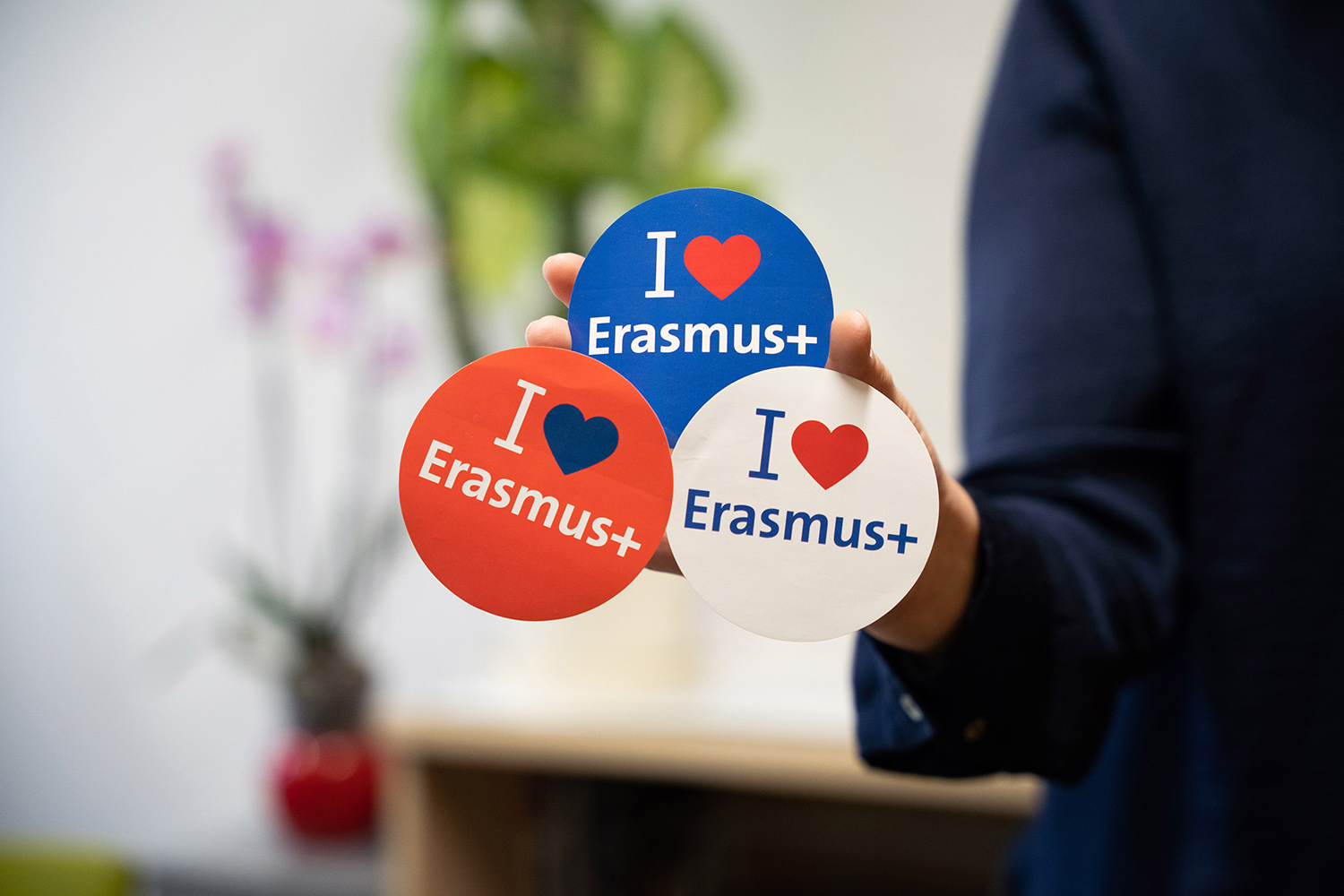
The European Commission
The European Commission handles the overall management of the programme, including
- managing the budget
- setting the priorities
- identifying the programme’s targets and criteria
- monitoring and guiding the implementation
- follow-up and evaluation of the programme
The European Education and Culture Executive Agency (EACEA) of the European Commission is in charge of managing the “centralised” elements of the programme, including
- promoting the programme and opportunities
- launching calls for proposals
- reviewing grant requests
- contracting and monitoring projects
- communicating on results
The EACEA and Commission also carry out studies and research, as well as managing and financing the other bodies and networks supported by Erasmus+.
The National Agencies
In the EU countries, the Commission entrusts much of the management of Erasmus+ to National Agencies. Outside the EU, and specifically in the field of higher education, this role is filled by the National Erasmus+ Offices.
The Commission provides funding to the National Agencies, who use these funds to manage the programme’s “decentralised” activities. This allows the Agencies to adapt the programme to suit their national education, training, and youth systems.
The National Agencies are responsible for
- providing information on the programme
- reviewing applications submitted in their country
- monitoring and evaluating the implementation of the programme in their country
- supporting people and organisations taking part in Erasmus+
- promoting the programme and its activities at a local and national level
These Agencies also support beneficiaries of the programme from the application stage to the end of a project. They also work with beneficiaries and other organisations to support EU policy in areas supported by the programme.
Click here to find the details of the National Agency in your country.